It is no credit to British democracy that we have the second largest legislative chamber in the world. The only one larger than the 792-strong House of Lords is the 2,980-member Chinese National People’s Congress. In the coming days the House of Lords will grow even bigger as the Prime Minister announces another batch of peerages. We can expect a bad-tempered reaction if, as expected, a slew of Brexit campaigners such as Ian Botham are included while former speaker John Bercow is left out.
But no one should be too surprised. Prime ministers have always used their patronage to appoint likeminded peers, as have leaders of the opposition. Moreover, the House of Lords’ efforts to frustrate the government’s Brexit bills indicate that the Lords have become detached from the general public. A correction is in order.
What critics should be concentrating on is how the Lords can be made to function more effectively. Part of the answer is surely to trim its excessive size. The House of Lords unanimously agreed to do just this in 2016. That was followed a year later by the publication of a report by the Lord Speaker’s Committee, which recommended cutting the Lords to 600 members and capping it at that level. The report called for older peers to be encouraged to retire, making use of provisions in the House of Lords Reform Act 2014. For every two peers who retired, the committee suggested, just one should be appointed, until the Lords had been reduced to 600, whereupon a one-in, one-out rule should apply.
Yet progress on cutting the numbers of peers has been slow. While 92 have departed since 2017 through retirement or death, a rush of new appointments has meant that the number of peers has fallen by only 32 since the Speaker’s Committee report. The House of Lords is still too big, too ungainly, too stuffed with men and women who see it as a club rather than a place in which to contribute to public debate and to influence policy.
There are provisions in the House of Lords Reform Act 2014 to disqualify peers who have failed to attend the House for a whole parliamentary session, but low physical attendance isn’t exactly the issue. Peers must sign the register in order to claim their £300 daily allowance, and too many have been simply signing then disappearing — in some cases asking their taxis to wait while they hurriedly sign in.
It is genuine participation that matters, and in this some have a lamentable record. The Electoral Reform Society found that in the 2016/17 session, 115 peers failed to speak in a single debate — and yet they claimed £1.3 million in expenses between them.
The Speaker’s Committee suggested peers be restricted to a 15-year term; others have suggested a compulsory retirement age. But why resort to age discrimination when surely it’s participation which should determine a peer’s right to remain? If a peer has not spoken in a debate for a whole session, their membership ought to be cancelled. At a stroke that would have removed 115, or one in seven peers, in 2016/17 — reducing membership more than halfway to the target of 600.
There is another reform required to boost public trust in the House of Lords: the register of members’ interests needs to be tightened up. One of the revelations of the recent report on Russia by parliament’s Intelligence and Security Committee was that several peers have directorships with companies linked to the Russian government. It should not be possible for foreign governments, or companies working to advance their interests, to put legislators on their payroll, yet that is what they are doing. Peers working for foreign governments should be disqualified from membership of the Lords. In addition, peers should be obliged to disclose exactly how much they are earning from outside interests, just as MPs have to do.
The House of Lords has long held a privileged position in our constitution. In the 2010 general election, the manifestos of all three main parties committed to reforming it, yet the coalition failed to agree on how to go about this, and the chance slipped.
Some have called for an all-elected upper house — which would make life easier for UK governments lecturing other countries on the benefits of democracy. Yet there are also powerful arguments against it. We could end up with a House of Lords too close to the political composition of the Commons — an echo chamber which does no more than repeat debates held in the lower house. An effective revising chamber is one whose members are at least semi-detached from the government and opposition.
The current way of appointing peers is far from perfect, and has a tendency to open the door to political donors and to cronies of the prime minister and the leader of the opposition. But the fact that peers, once appointed, do not have to seek re–election gives them greater independence from party whips.
A wise PM will not seek to stuff the Lords with friends and party donors, but will search for people with a wide range of talents and a reputation for speaking their minds. We look forward to seeing who Boris Johnson recommends.
Got something to add? Join the discussion and comment below.
Get 10 issues for just $10
Subscribe to The Spectator Australia today for the next 10 magazine issues, plus full online access, for just $10.
You might disagree with half of it, but you’ll enjoy reading all of it. Try your first month for free, then just $2 a week for the remainder of your first year.

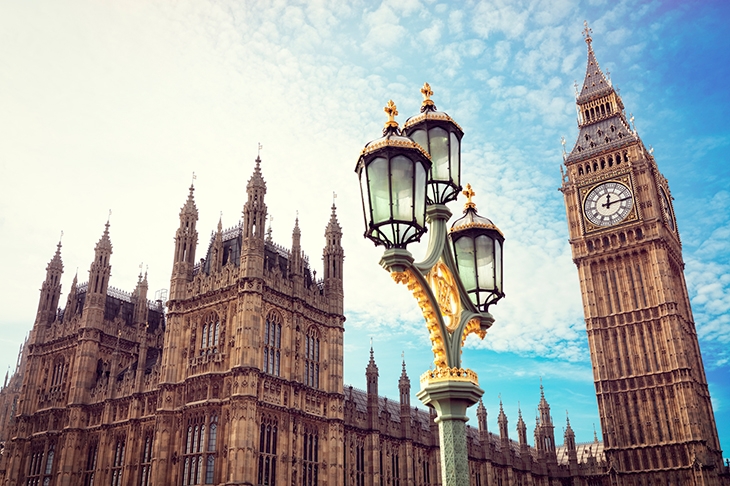
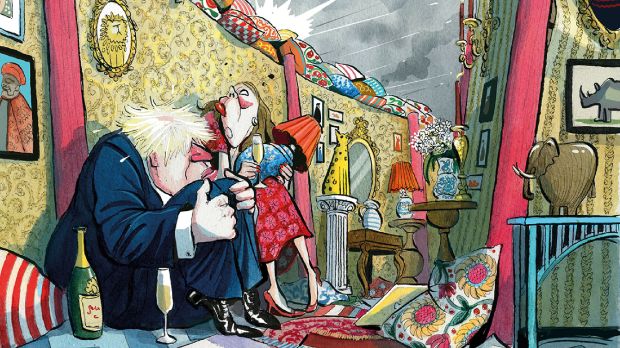
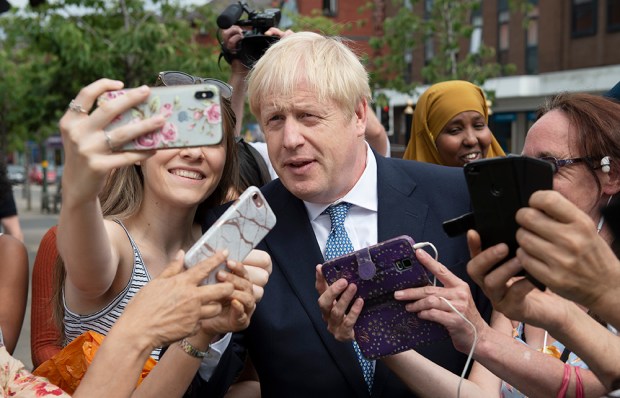
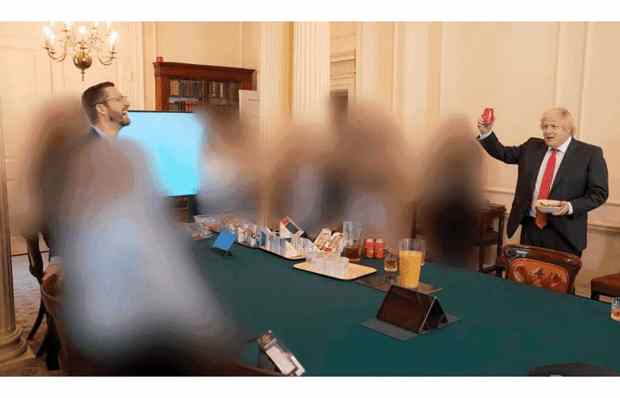


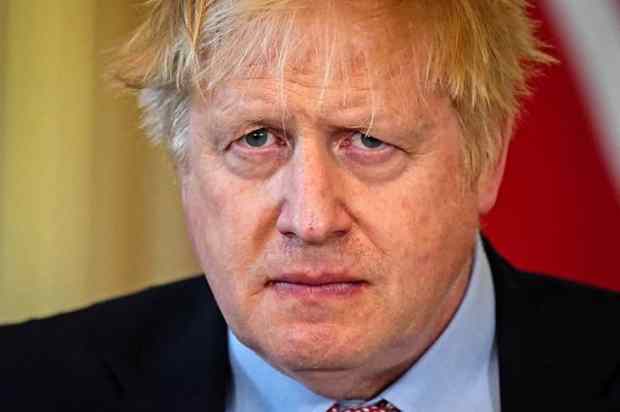






Comments
Don't miss out
Join the conversation with other Spectator Australia readers. Subscribe to leave a comment.
SUBSCRIBEAlready a subscriber? Log in